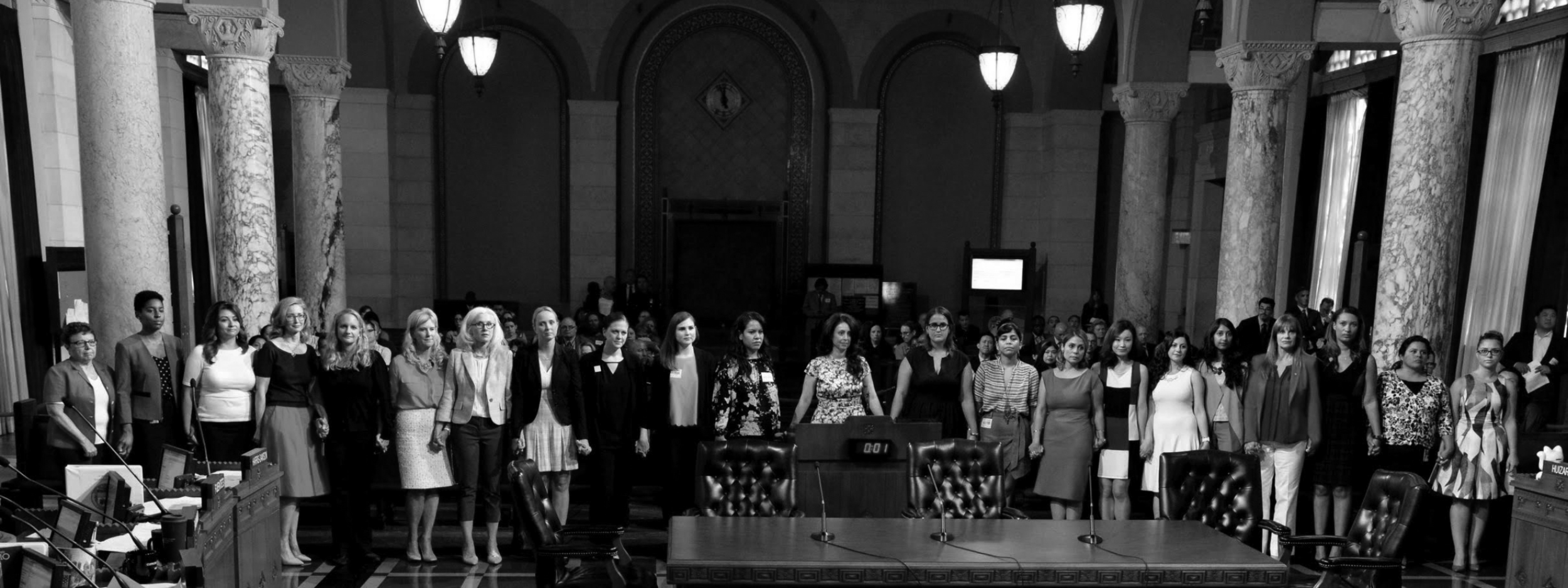Emily Doe, the Rapist & the Judge
There has been much deserved attention to the words of Emily Doe, the Stanford rape survivor. Her 12 page victim impact statement, has caught the imagination of the greater public. Most news headlines, social media and water cooler conversation, centers around the alleged perpetrator, especially the ones who make the headlines like celebrity actors and athletes, along with disbelief and anger at the victim. The heart and mind of the victim/survivor rarely gets communicated, as they often prefer to stay as anonymous as possible for safety reasons. It’s been made clear to survivors that it is risky to use your voice publicly after you have been violated and victimized. Societal climate has not been receptive or supportive and the general public has not been very patient listening to the experiences of survivors.
Until now.
Why is this authentic voice, incognito and anonymous, breaking through the deep resistance of rape culture? I would venture a reason to be is that the ground is getting fertilized with more and more frequent attempts of survivors to break through the shame and blame ceiling. There is no other crime where the responsibility of the assault is placed squarely on the shoulders of the victim. Another reason is that while every victim has the right to address the court, we rarely get to read or hear their statements. This time the impact statement was provided to BUZZFEED and it spread like a digital wildfire. Suddenly the words of a 23 year old Rape victim, who was assaulted after a campus party, went viral, and everybody paid attention.
Her truth got to be heard in a complex discourse speaking directly to Brock Turner, the man who assaulted her, the court, the Judge and the rest of us. She explained in detail what the experience of being sexually assaulted behind a dumpster felt like and she refuted all the made up stuff about who she is. America responded by reading her words out loud for her and on behalf of her. At POV we staged a bearing witness event with 25 voices - male and female - read out loud to a group of over 100 attendees. The LA City Council and the public heard 25 women read in testimony - you could hear a pin drop. The statement was read into the Congressional record. The Vice President wrote her a letter expressing both anger and support.
The rapist had to listen to her statement as she challenged his excuses. Emily Doe’s words, paragraph by paragraph, challenges the myths, the lies and the misconceptions about responsibility for sexual violence. In particular she addresses the idea that because they were both drinking there was less responsibility for Brock Turner’s behavior. Emily said in essence: if you want to stop rape teach men to not do it, if you want to stop drinking, go to AA.
When Emily gave her statement Brock Turner had already been convicted of 3 felonies. He could have received 6 years in Prison pretty easily. The judge gave him 6 months in jail. Of course he will be registered as a sex offender for the rest of his life, which will bring him great suffering no doubt. But 6 months? It is rare to get a rape conviction, only 2% of rapists are convicted, and most never go to trial due to the prosecutorial belief that the evidence isn’t enough to convince a jury. Now the judge is under scrutiny for what looks like leniency and there is a petition to recall him. This judge reminds me of the Italian Judge who overturned a lower court's rape conviction because she was wearing jeans too tight to take off “without her consent.” That action led to the creation of Denim Day, a sexual violence prevention and education campaign going on for 17 years.
So where do we go from here? Sexual assault continues to come out of the shadow as the voices of victims/survivors and their allies grow stronger. The power of Emily Doe’s truth, her authentic voice and well crafted refutation describes much of what is wrong in how society treats rape victims inside and outside of the courtroom. This document from the heart caused an unprecedented attention to one victim’s experience that expressed the experience of so many. We can only hope that this collective empathic experience translates to deeper understanding, so that as a society we can resolve to find the ways to not re-traumatize victims and creatively and deliberately create a culture that doesn’t support this kind of suffering. We have a long way to go and much to think about. Thank you Emily Doe.


